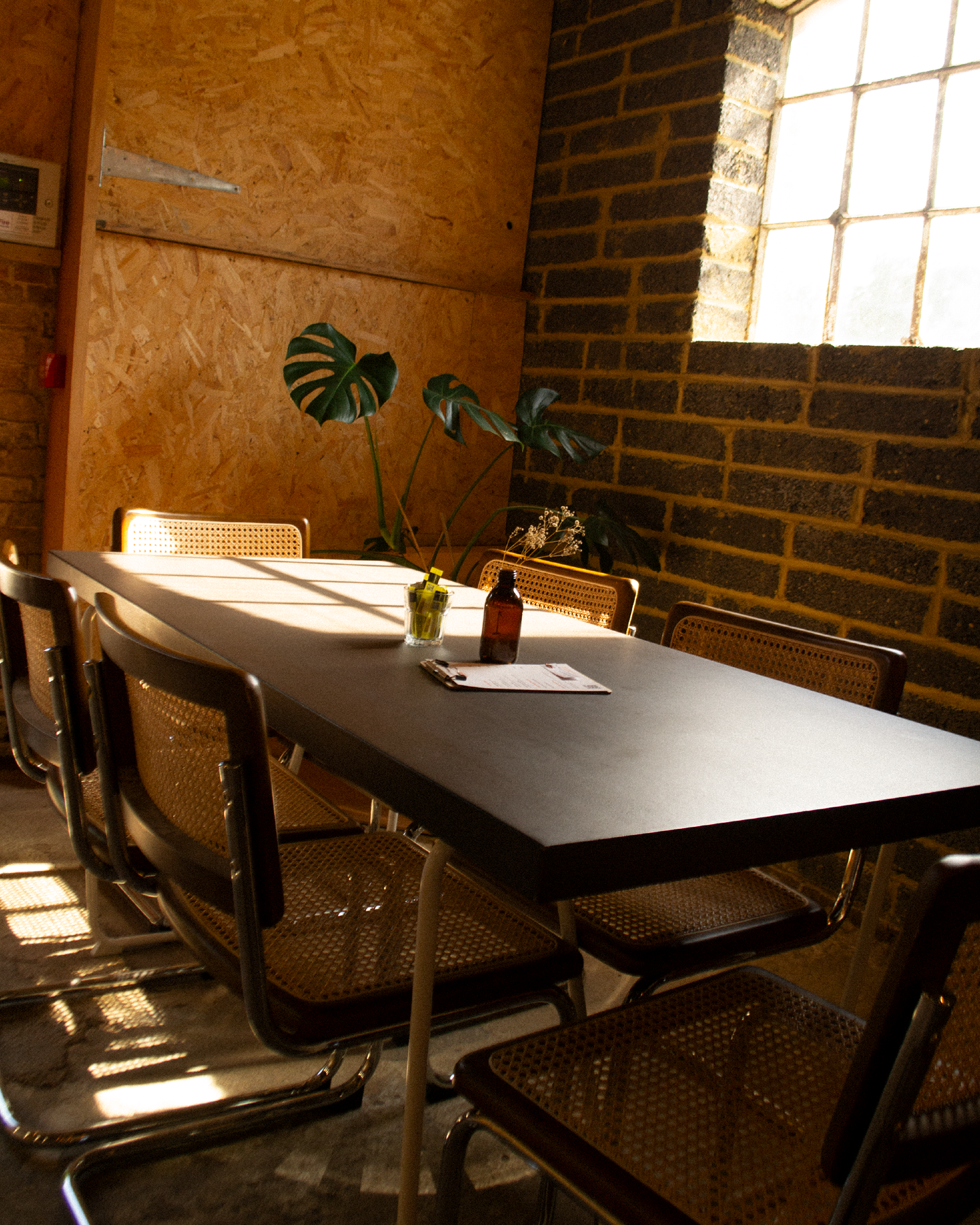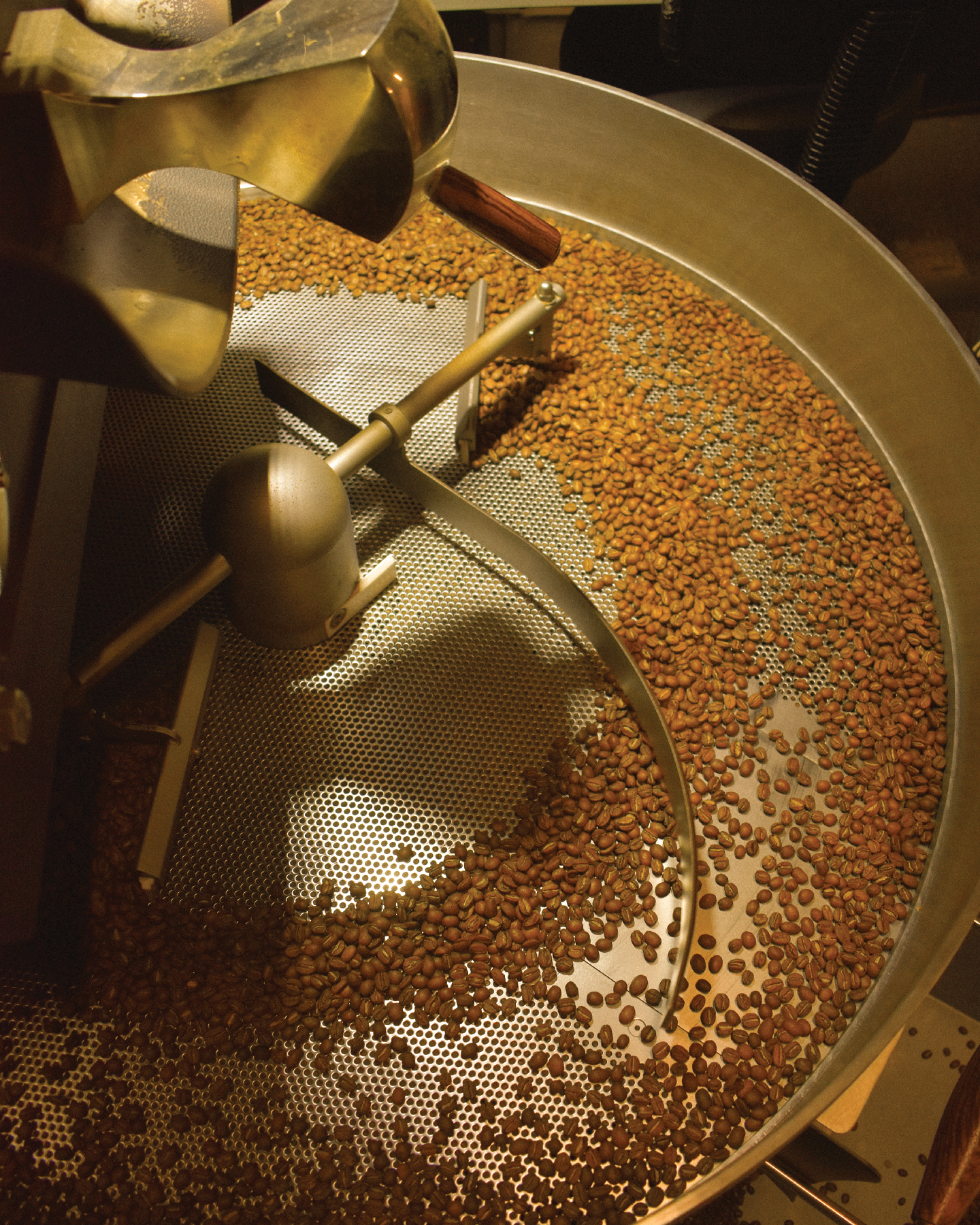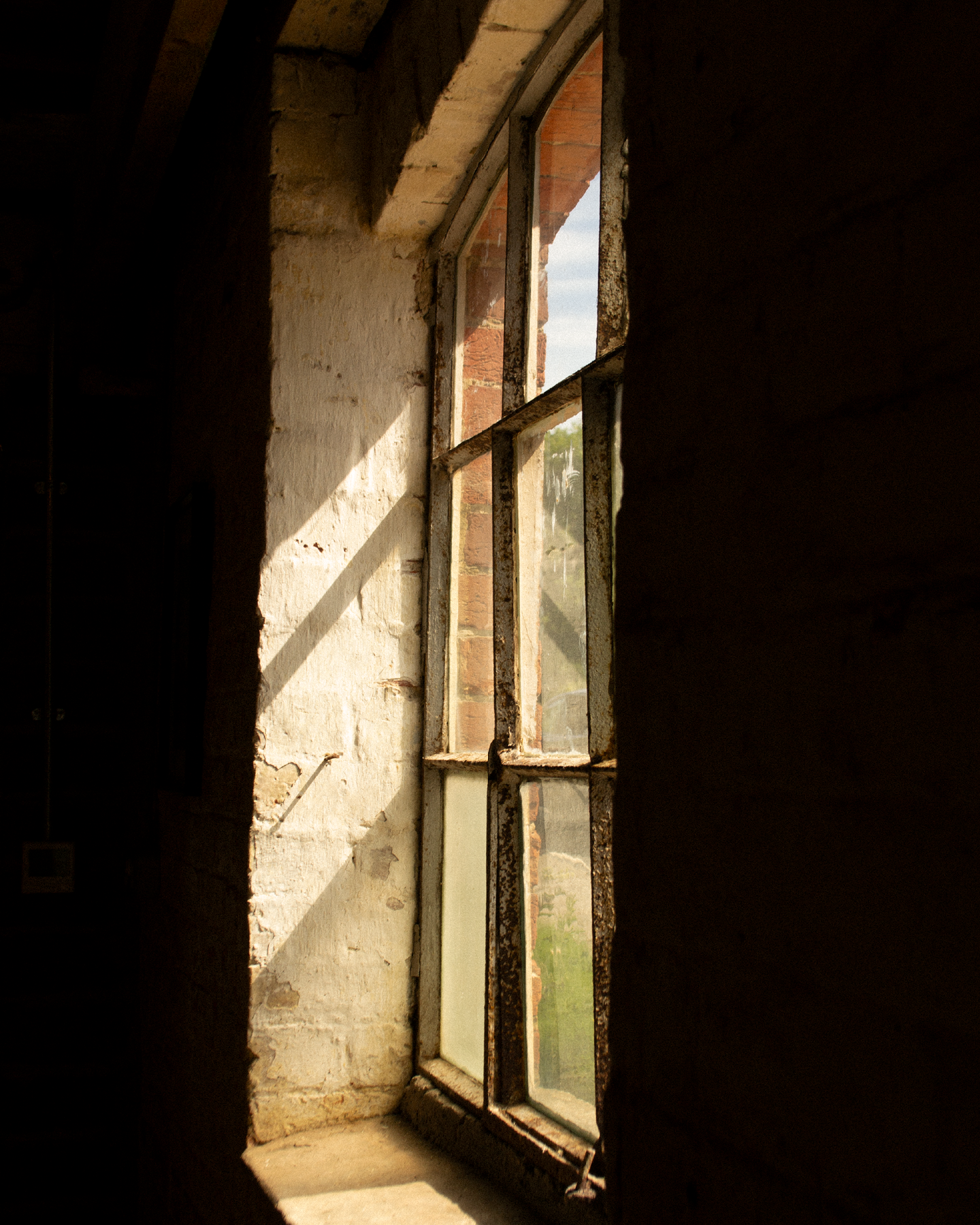
Sustainability in Speciality Coffee.
Share
“Is your coffee Fairtrade?”
Every speciality roaster or barista has come across this question at least 373 times in their career. The simple answer is no; however, this doesn’t mean that our coffee isn’t sustainable. Far from it, in fact. The speciality coffee label, its supply lines, and relationships encapsulate a clear commitment to environmental, social, and economic sustainability - one that often goes above and beyond that required by certifying bodies.
The Complexity of Certifications.
When we start talking about certifications (Fairtrade, Organic, European Deforestation Regulation (EUDR) compliant), it opens up a wider conversation about the accessibility of “certified sustainability.” For many, becoming certified Organic, for example, is simply far too costly a venture. Surveys must be conducted, plans submitted, inspections undertaken, all before you can even think about sending off an application. These all cost an immense amount of time and money, and most smallholders don’t have much of either.
Larger collectives such as the Migoti Coffee Company, producers of our Masenga Hill, have invested into Organic certification and achieved it last year. For those who can afford it, it’s an excellent tool to clearly illustrate a commitment to sustainability to prospective buyers.
Transparency and Direct Relationships.
Through the transparency that the speciality coffee supply chain affords, we gain a clear insight into the social and environmental commitments at source. This allows us to choose to work with collectives such as Mount Sunzu, who in many cases, whilst not Organic or Fairtrade certified, go above and beyond the requirements dictated by these certifications. Their regenerative projects in the woodlands of the Miombo have shown them to be exemplary ecological stewards. Similarly, their exemplary wages, health insurance, and pension scheme show a clear commitment to the farmers, pickers, and processors with whom they work.
Biodiversity and Speciality Coffee.
The very pursuit of producing speciality coffee also incentivises sustainable agricultural practice. A thriving biodiversity is a prerequisite to exceptional coffee. Ample foliage and healthy vegetation mean better soil, better shade (extremely important), better coffee. In other words, in the pursuit of producing speciality coffee, it's often counter-intuitive to engage in non-organic farming practices such as pesticide spraying or deforestation. Just because it isn’t stamped Organic doesn’t mean the commitment to environmental sustainability isn’t there.
Economic Fairness Without the Fairtrade Stamp.
Similarly, even if a speciality coffee is not Fairtrade certified, it does not mean that the farmers are being paid less than they should. Fairtrade is great for lower grade coffee, as it ensures that producers are being paid an equitable and economically sustainable baseline rate. However, for those producing speciality grade coffee, it is often far more lucrative to sell on the speciality market at the premium the grade of coffee affords. Producing speciality grade coffee takes a great deal of time, expertise, and care and farmers want, and deserve to receive, a price that reflects that.
Final Thoughts.
Fairtrade and Organic certifications effectively signpost to the consumer that the product they are buying has been judged to meet certain criteria in its contribution to economic, social, and environmental sustainability. When it comes to buying lower commercial grade coffee, these markers can be extremely important in identifying the right product that supports both people and planet.
Speciality coffee, however, is a different ball game. The transparency of direct trade relationships means that farmers receive a far better price than on the Fairtrade or commercial markets, and in order to produce exceptional coffee, many go above and beyond to nurture the environment in which they grow it. In the world of speciality coffee, certifications aren’t the be-all and end-all that one might be led to believe.




